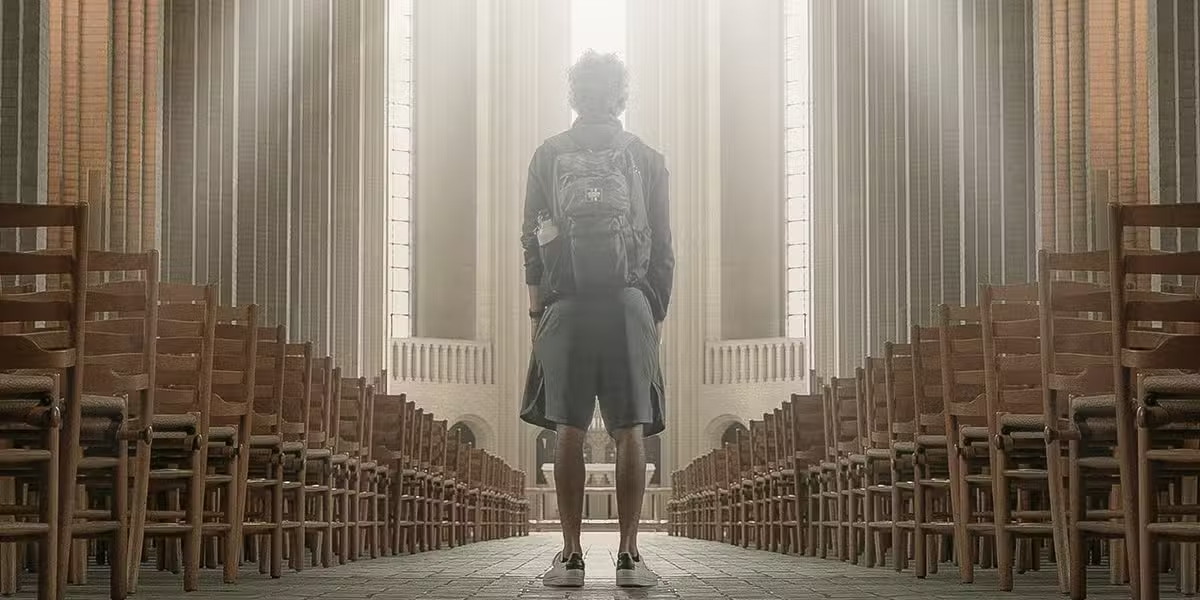Saturday of the Second Week of Lent | Readings: Micah 7:14–15, 18–20; Luke 15:1–3, 11–32
REFLECTION
It is passages like this one from the prophet Micah that reveal how much Jesus was a Jew, knew the Hebrew Scriptures, and was deeply formed by them. If we do not fully appreciate this fact, then we try to know the human text (Jesus) outside of the clear and total context (post-exilic Judaism). Then the message is neither clear nor compelling.
How dramatic and alluring is Micah’s statement that “God, who delights in clemency, and will again have compassion on us, will tread underfoot all of our guilt, and will cast into the depths of the sea all of our sins.” What kind of experience of God allowed a peasant prophet to say such things on his own authority and eight centuries before Jesus said much the same? You have got to know this is quite amazing and game-changing.
Which leads to the pièce de résistance of all of Jesus’ teaching, today’s Gospel: the story that is strangely called “The Prodigal Son,” even though it is much more about “The Prodigious Father” who is seemingly loving to excess! All scholars seem to agree that this story most perfectly represents Jesus’ active and operative image of his personal experience of God. Frankly, if this is true, it changes everything, so let’s quote the central passages here:
TODAY’S READINGS
“While he was still a long way off, his father caught sight of him, threw his arms around his neck, and kissed him. . . . ‘Quick, bring out the finest robe and put it on him, put a ring on his finger and shoes on this feet. Take the fatted calf and kill it. Let us eat and celebrate because this son of mine was dead and has come back to life. He was lost and is found.’ And the celebration began!” —Luke 15:20–24
STARTER PRAYER
“Well, good God, if this is true, I have had it all wrong up to now! Who are you? And who am I?”
¡Haga clic aquí para ver la traducción en español!








